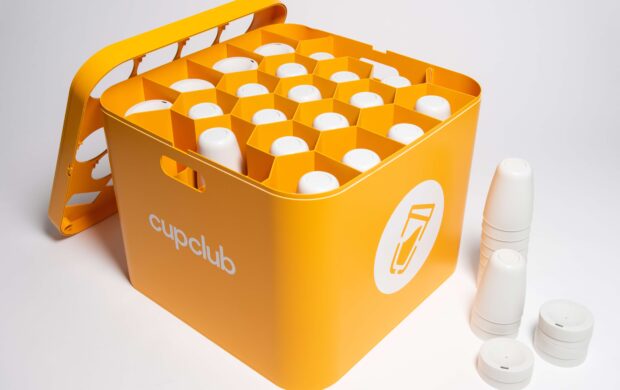A nine-month-long labour dispute between shipping companies and dockers froze activity at ports along the West Coast of the United States. In February, port operators locked dockers out, forcing dependent companies to find costly alternatives to meet the demands of their supply chain. For example, Fuji Heavy Industries told Marketplace it was paying $60 million a month to fly Subaru parts to U.S. plants to keep things running.

A deal was finally reached with the support of the US labor secretary, who brokered negotiations between the shippers and the International Longshore and Warehouse Union, but delays will persist as operations get back on track.
An estimated $1 trillion worth of goods travels through the West Coast’s ports each year. One group of exporters affected are California’s citrus growers, who say they lost half a billion dollars in foreign business due to the blockage.
Image: Neil Kremer / Flickr













